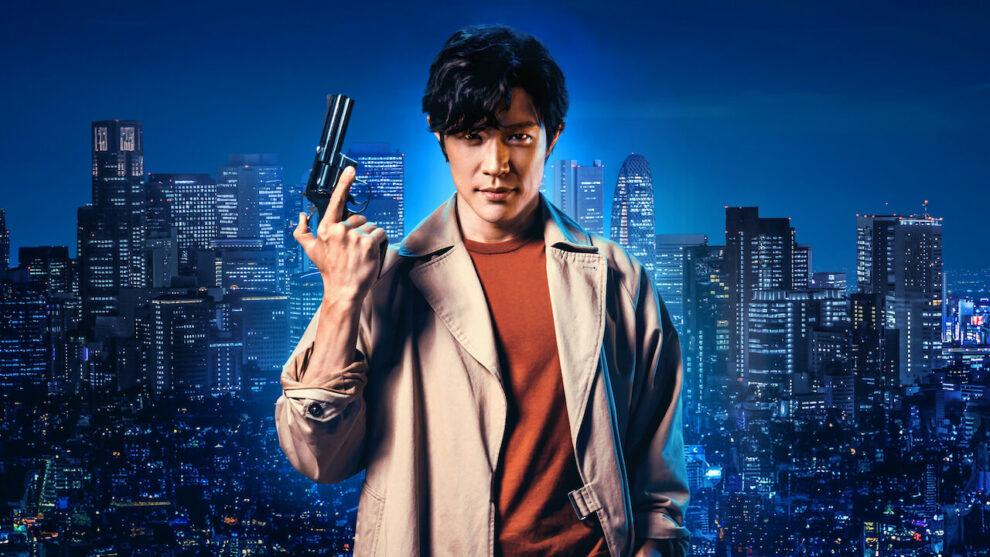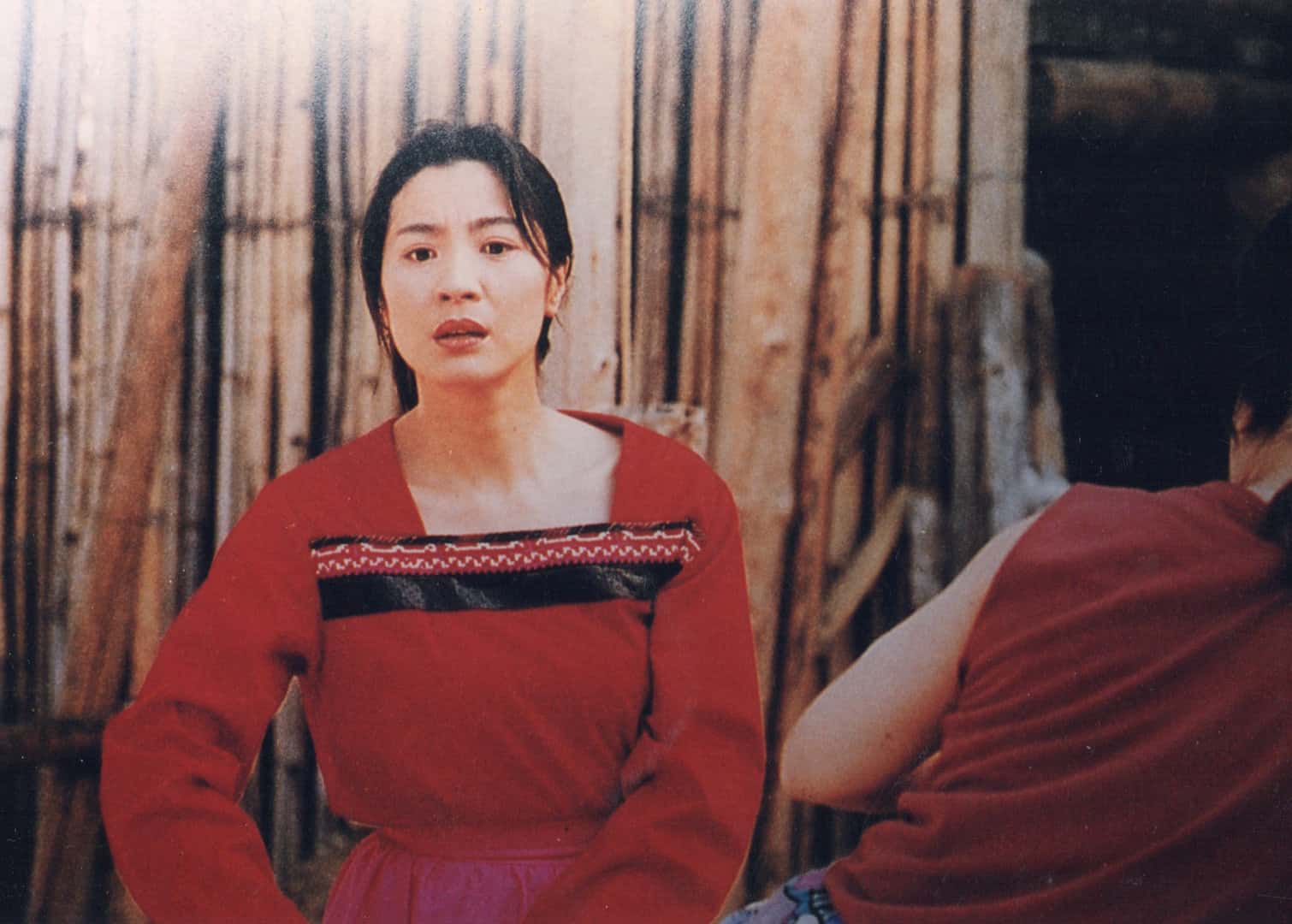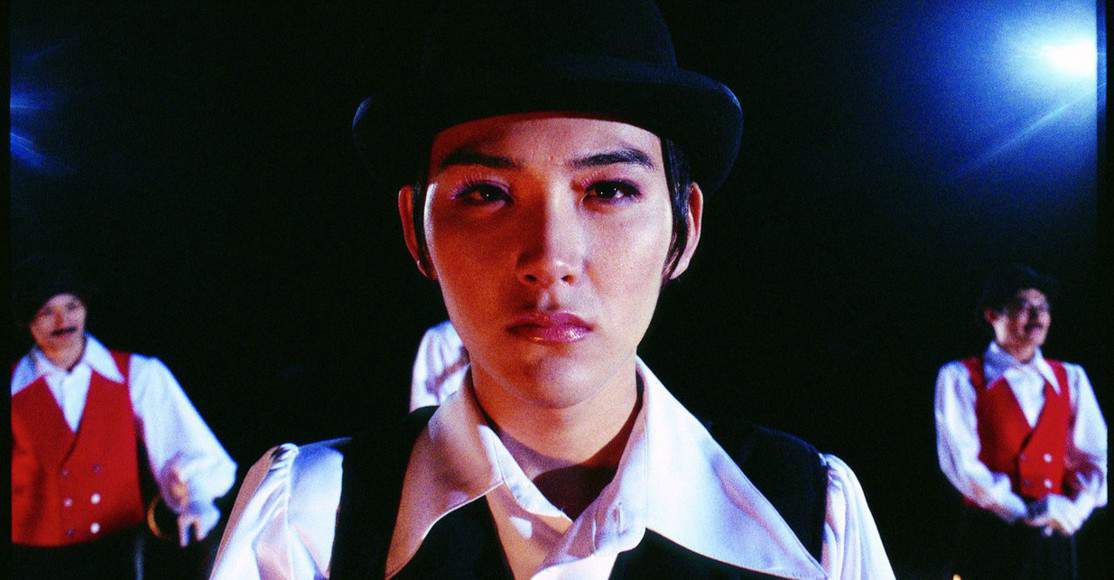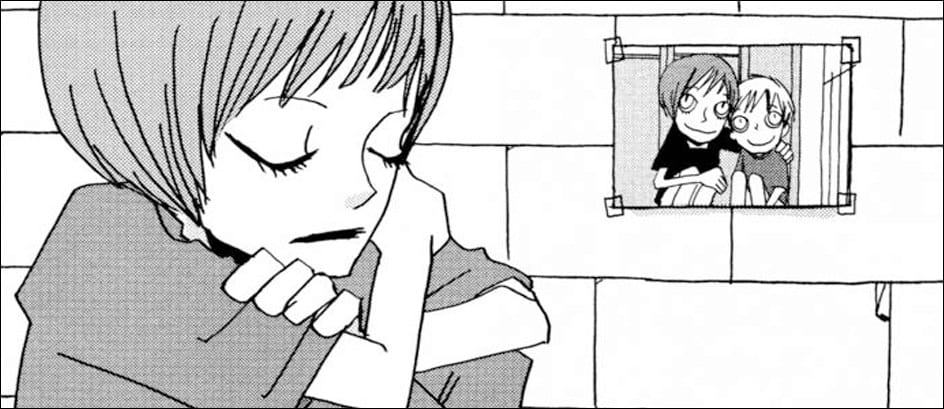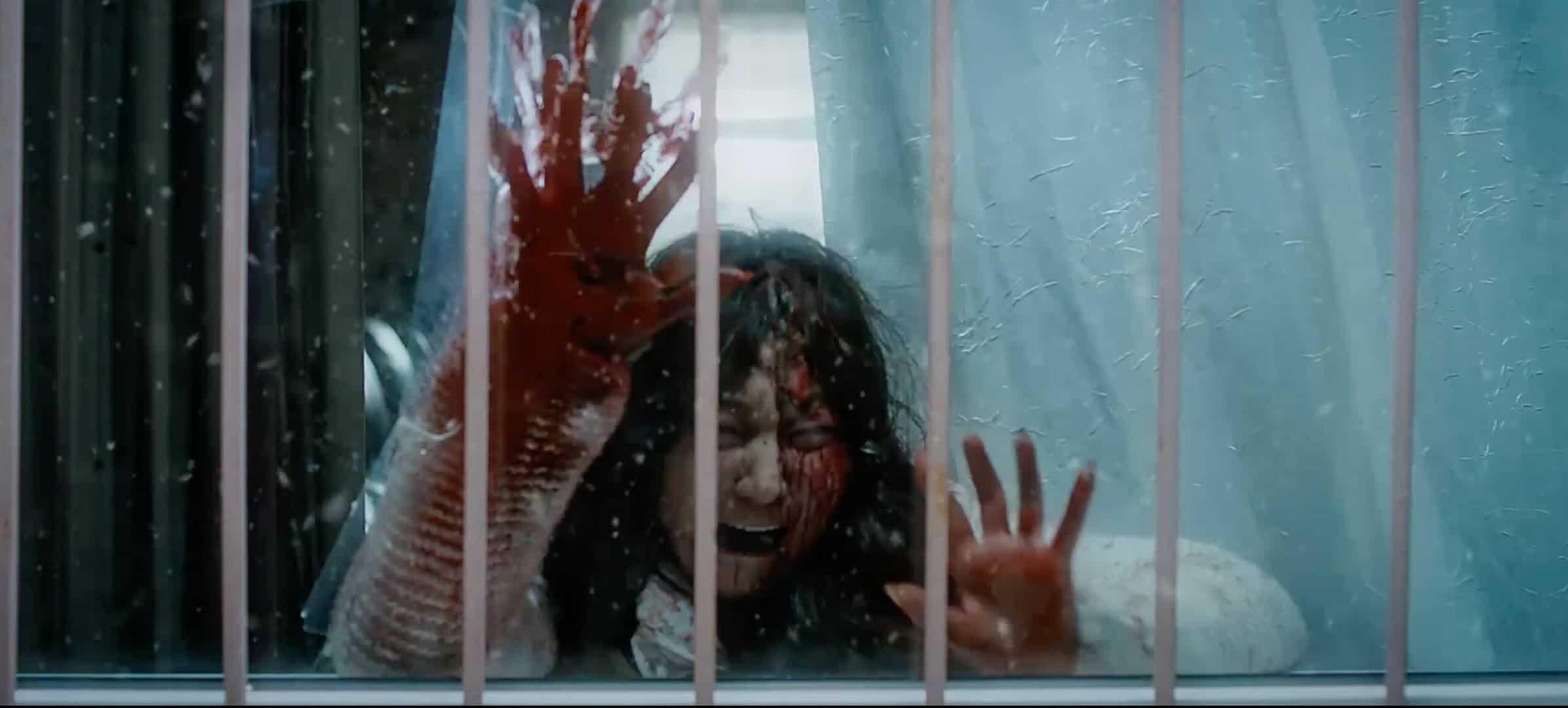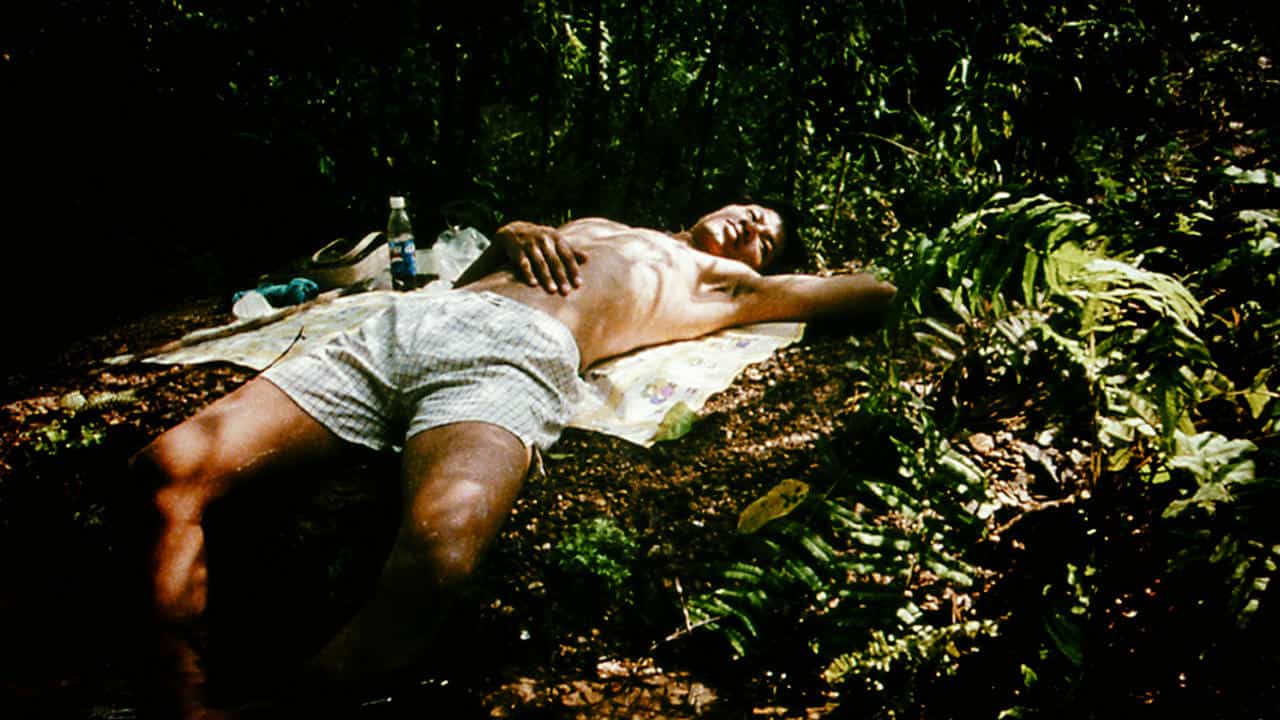Yuichi Sato's energetic flick “City Hunter” is loud, explosive, and in your face. Yet, it knows that, embracing it in a wildly entertaining experience. While many recent Netflix manga/anime adaptations have missed the mark, this movie does Tsukasa Hojo's source material justice, while taking a few creative liberties to tweak aspects for a modern audience. The film has garnered a positive reception from longtime fans of the “City Hunter” franchise, as well as newcomers, being highlighted as the definitive live-action adaptation next to the French version “Nicky Larson et le parfum de Cupidon” by Philippe Lacheau. It is funny to consider it took this long for Japan to adapt Hojo's work for non-animated media, with many prior renditions primarily coming from Hong Kong, the most famous being Wong Jing's “City Hunter” starring Jackie Chan.
If you like City Hunter, check our coverage of Netflix content by clicking on the image below

The story follows the latest stakeout with Ryo Saeba, a skilled city sweeper, yet a hopeless playboy. With the help of his partner, Hideyuki Makimura, the charismatic marksman investigates a series of strange incidents throughout Shinjuku, Tokyo, involving individuals with inexplainable bursts of strength believed to be linked to some powerful drug. The potential link to answers is popular cosplayer Kurumi. Yet, tragedy strikes when Makimura is killed during this investigation. His sister, Kaori, is grief-stricken by this event and makes herself involved with the lead's activity as a means to avenge her brother. Initially reluctant, Ryo forms a partnership with her as they go deeper into the criminal underbelly to seek justice for his comrade's death, and crack the case behind these surreal offenses.
While far from the first live-action portrayal of the acclaimed shonen manga series, “City Hunter” has many commendable qualities that help it stand out. For one, there's a clear love for the franchise ever so present in nearly every way, from visual details to how the characters are written and portrayed, plus easter eggs that are sure to make longtime fans smile. It is even more endearing to consider that lead actor Ryohei Suzuki, who plays Ryo Saeba, grew up a fan of “City Hunter” and has become the face of the franchise. Additionally, the film's plot primarily adapts one of the most significant storylines from the series.
Yet, this isn't just some overly glorified fan film. Yuichi Sato's direction and Tatsuro Mishima's screenplay weave together a story that, while not profoundly deep, is exciting, delivering a fun mystery with colorful characters, throwing in spectacular bits of stylish action while keeping viewers guessing what will happen next for our heroes. Plus, the film is hilarious. Comedy has always been a staple of the “City Hunter” franchise, and it is ever so present here, albeit with some things tweaked a bit. There's plenty of amusement to be had, whether it be Ryo being a hopeless playboy or his fantastic banter with Kaori throughout the film. Yet, the feature also manages to sprinkle in surprisingly nice bits of drama throughout that feel earned and never result in awkward tonal whiplashes, helping add more weight to the conflicts presented.
Sato and Mishima seamlessly update the source material to a modern-day Japan setting and take advantage of that in many ways, such as the huge following surrounding cosplay and the prominent use of social media. Helping make this experience more immersive is how well the movie takes advantage of its setting. Shinjuku is just as much a character as the ones interacting within it. The city is vast, big, vibrant, and colorful, yet also unpredictable, making it dangerous for the heroes to watch their backs while the villains use this to their advantage. Additionally, having the feature primarily set at night with the city lights illuminating the darkness helps create a strong atmosphere.
For all the positives, the movie could have benefited from a slightly longer runtime to develop its main villains more. While Kunio Konno and Tsukino Seta are primarily presented as shadowy figures pulling the strings of the criminal operations, their very limited screen time results in them unloading exposition dumps when they finally do get the spotlight, feeling a bit rushed and making them underdeveloped as characters. As a result, the henchmen they send out to stop the heroes, such as Scorpion and Brown Bear, end up being more interesting than them. Perhaps this resulted from scheduling conflicts for Takaya Sakoda and Ayame Misaki, considering the two are very active in television.
Despite that drawback, “City Hunter” is a movie that benefits from great casting. Ryohei Suzuki is remarkable as Ryo Saeba, nailing the humorous aspects of the character, such as his desperate attempts at being a charmer, which sometimes hilariously backfires. Yet, Suzuki's performance is not one-note, as it is full of surprises. When the city sweeper gets serious, he certainly does, sometimes downright imposing, such as in the climax. Some of the best dramatic scenes of the picture involve Ryo reflecting on everything that has occurred, conveyed through some terrific acting. It also helps that he has excellent chemistry with his female co-star, Misato Morita, who does a wonderful job playing Kaori. Their yin-yang dynamic is entertaining, yet Morita also pulls through when there is drama.
Even with minimal screentime, Masanobu Ando leaves a lasting impression as the hero's tragic comrade, Hideyuki Makimura, who's also an effective straight man alongside his charismatic counterpart. Similarly played straight against the lead's antics is Fumino Kimura's cool, no-nonsense demeanor with detective Saeko Nogami. Kurumi is more than a damsel in distress; she is a nice outsider-looking individual who becomes involved in the ongoing conflicts, enhanced by Asuka Hanamura's charming portrayal. Isao Hashizume also delivers memorable work with calculated nightclub owner Akutsu. Moemi Katayama and Ami 201 are a lot of fun in their respective sinister roles, Scorpion and Brown Bear. While more could have been done with Kunio Konno and Tsukino Seta, both Takaya Sakoda and Ayame Misaki do well with their limited material.
Sprinkled throughout the movie are amusing cameos. The most memorable one comes from renowned voice actor Akira Kamiya as a news announcer. Longtime anime fans will remember Kamiya for voicing Ryo Saeba in the “City Hunter” TV series and Kenshiro in “Fist of the North Star.” Mafia Kajita also makes a brief appearance.
“City Hunter” is a visually stunning movie with beautiful colors, memorable setpieces, and great lighting. Cinematographer Motonobu Kiyoku delivers impressive work here. There is also creative use of CGI for specific segments, sparingly used in instances where slow motion is utilized. The fight choreography is excellent, with the highlight being the opening action scene, which amusingly features Ryo delivering a rider kick to one of his foes, a nice reference to the tokusatsu superhero “Kamen Rider.” Lastly, the music score by Eishi Segawa is fantastic, and the ending song “Get Wild Continual” by TM NETWORK is outstanding.
From start to finish, “City Hunter” is a great time. It's funny and thrilling but also delivers a solid crime story with occasional effective drama. Longtime fans and newcomers will greatly enjoy Yuichi Sato's memorable take on Tsukasa Hojo's source material in one of the better live-action manga adaptations in quite a while.


